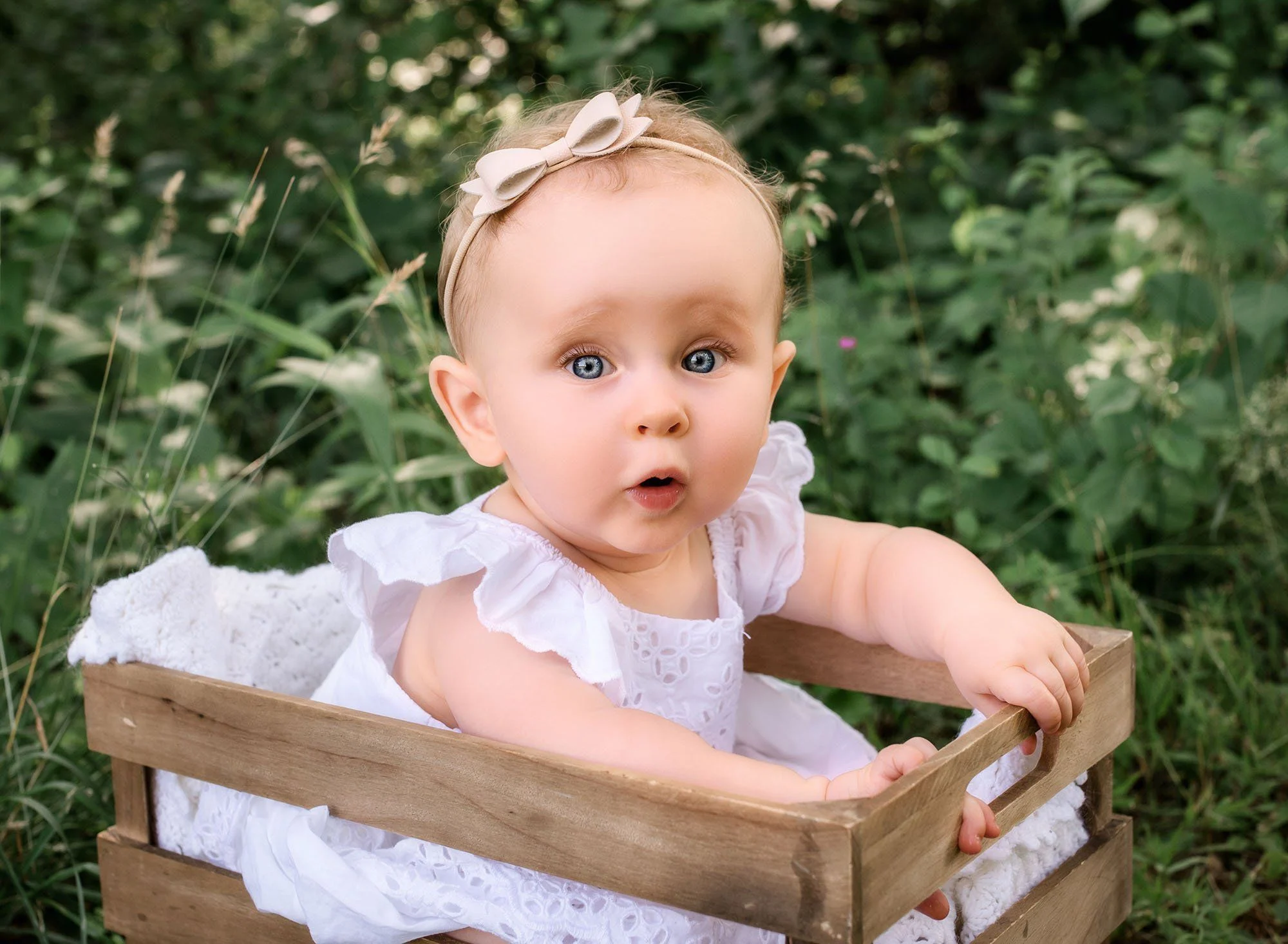Introduction
Experiencing a miscarriage can leave a lasting emotional imprint, one that shapes future pregnancies. As a physician, I’ve witnessed how the journey of pregnancy after a loss is often fraught with unique challenges. Here’s a look at five key reasons why pregnancy after a miscarriage can feel markedly different.
1. Anxiety About the Future
When Sarah found out she was pregnant again after her miscarriage, she was overwhelmed with dread as she approached her first prenatal appointment. Initially, the relief of seeing a heartbeat was quickly overshadowed by panic when her doctor informed her that her hormone levels were low. This situation can feel like a recurring nightmare, and even after surpassing the first trimester, the shadow of anxiety can linger, creating a constant state of unease.
2. Isolation During a Time of Joy
After her first pregnancy announcement was followed by heartbreaking news, Sarah chose to wait longer to share her subsequent pregnancy. This decision, while protective, resulted in feelings of isolation. By keeping her pregnancy a secret, she lost out on the support she desperately needed, turning what should have been a time of celebration into a solitary experience.
3. Guilt and Self-Criticism
Many women like Sarah grapple with self-doubt during their pregnancies after loss. Every decision feels monumental, as if any misstep could jeopardize the pregnancy. Sarah often hesitated to engage in normal activities, fearing that her actions could lead to another loss. This burden of guilt can be an overwhelming emotional weight to carry.
4. Longing for Physical Reassurance
Morning sickness is typically dreaded by many expectant mothers, but for Sarah, it represented a form of comfort. She craved the physical signs that indicated her pregnancy was progressing normally. The absence of morning sickness felt like a cruel twist of fate, amplifying her anxiety and leaving her questioning the health of her growing baby.
5. Hesitance to Embrace Joy
Throughout her pregnancy, Sarah found herself prefacing her joy with cautionary phrases like, “If we make it through…” This hesitation to fully embrace happiness stemmed from the fear of experiencing another heartbreak. Even simple acts such as preparing a nursery or choosing baby names felt daunting. Reflecting on this time, she wishes she had allowed herself to savor the experience, even with her wounds still fresh.
Eventually, as Sarah neared her due date, she began to feel a sense of hope. The shift from “if” to “when” marked a turning point, and the arrival of her baby brought immense joy. Nonetheless, the pang of empathy she feels for others who experience miscarriage remains with her, a reminder of her journey.
Conclusion
The experiences of women like Sarah highlight the profound emotional complexities associated with pregnancy after miscarriage. Open conversations about these feelings can foster understanding and support, making the path smoother for those navigating similar journeys. For further insight into pregnancy and home insemination, consider visiting this excellent resource. For those looking to explore home insemination options, Make A Mom offers valuable information on this topic. Additionally, for more on this subject, check out this blog post.
Summary
Pregnancy after miscarriage brings distinct emotional challenges, including anxiety about the future, feelings of isolation, guilt, a longing for physical reassurance, and fear of joy. Understanding these complexities can help foster empathy and support for women navigating this difficult journey.
